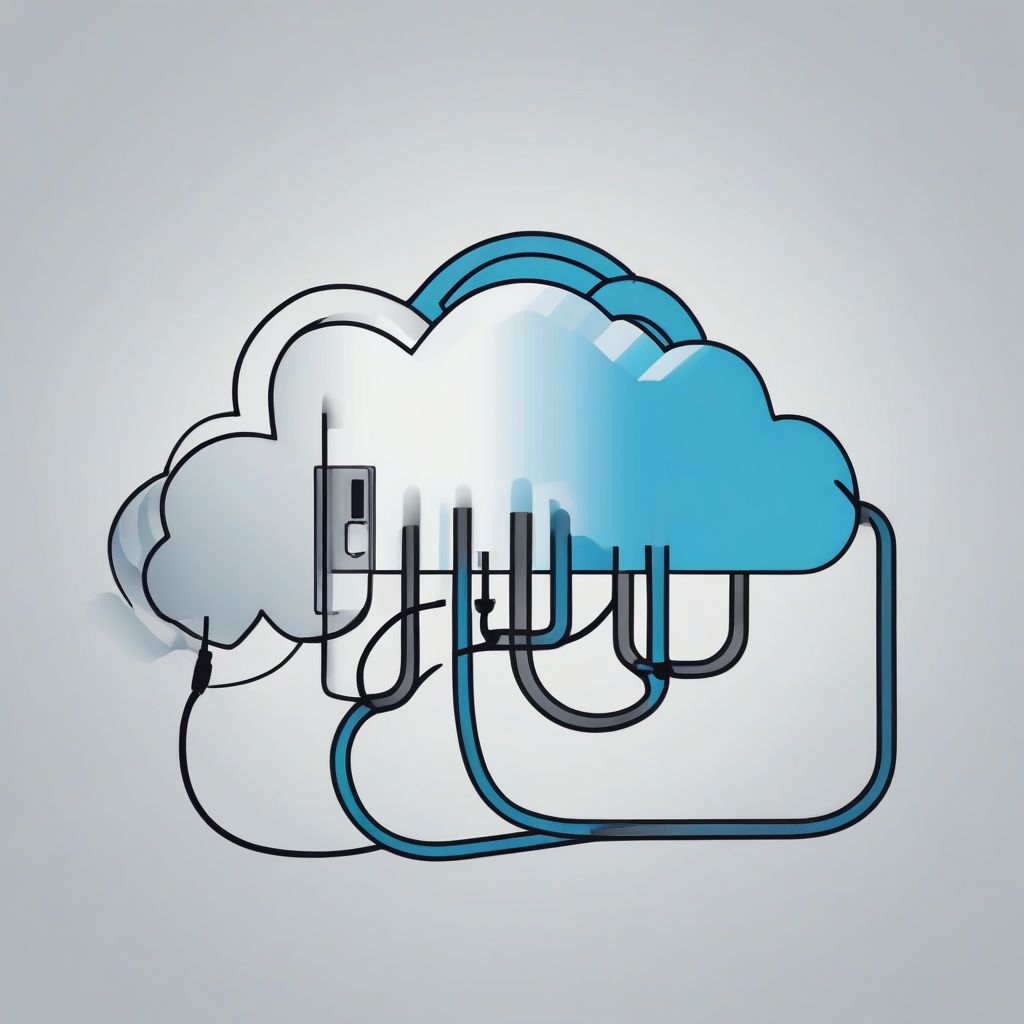In today’s digital age, “cloud computing” has become a buzzword, promising scalability, flexibility, and cost-effectiveness. But like any technological advancement, it’s not without its drawbacks. While the benefits of cloud computing are widely touted, it’s crucial to understand the potential Disadvantages Of Cloud Computing before entrusting your valuable data and applications to the cloud.
The Dark Side of the Cloud: Understanding the Drawbacks
Before delving into the disadvantages, let’s clarify what we mean by “cloud computing.” In essence, it involves accessing computing services—such as servers, storage, databases, networking, software, analytics, and intelligence—over the Internet (“the cloud”) from a cloud provider like Amazon Web Services (AWS), Microsoft Azure, or Google Cloud Platform.
Security Risks: A Looming Threat
One of the most significant concerns about cloud computing is cloud security. Entrusting your data to a third-party provider inherently introduces risks.
- Data Breaches: While cloud providers invest heavily in security measures, high-profile data breaches remind us that no system is foolproof.
- Data Loss: In the event of a natural disaster or technical failure at the provider’s end, you risk losing access to your data.
- Compliance and Legal Issues: Depending on your industry and location, specific regulations govern data storage and privacy, which might be challenging to meet with cloud solutions.
Vendor Lock-in: Trapped in the Cloud
Migrating to the cloud can lead to vendor lock-in, making it difficult and expensive to switch providers later. This dependency can limit your flexibility and bargaining power.
Limited Control and Customization
Unlike on-premises infrastructure, you have limited control over the underlying infrastructure and services in the cloud. This lack of control can be a challenge for organizations with specific compliance or customization requirements.
Internet Dependency: No Connection, No Cloud
Cloud computing relies heavily on a stable and reliable internet connection. Outages or slow internet speeds can disrupt operations and hinder productivity.
cloud.caingong.com/wp-content/uploads/2024/07/disconnected-cloud-66a083.jpg" alt="Disconnected Cloud" width="1024" height="1024">Disconnected Cloud
Frequently Asked Questions About Cloud Computing Disadvantages
Here are some common concerns people have about the downsides of cloud computing:
- Is cloud computing really secure? While cloud providers prioritize security, data breaches can still occur. It’s essential to choose reputable providers and implement robust security measures.
- What happens to my data if I switch providers? Migrating data between cloud providers can be complex and costly. It’s crucial to have a clear data migration strategy in place.
- Can I customize cloud services to fit my specific needs? Cloud services offer some level of customization, but it might not be as extensive as with on-premises solutions.
Conclusion
Cloud computing offers undeniable advantages, but it’s not a one-size-fits-all solution. By carefully weighing the disadvantages and asking the right questions, you can make informed decisions about whether cloud computing aligns with your specific needs and risk tolerance.
We encourage you to share your thoughts and experiences with cloud computing in the comments below. Let’s keep the conversation going!
